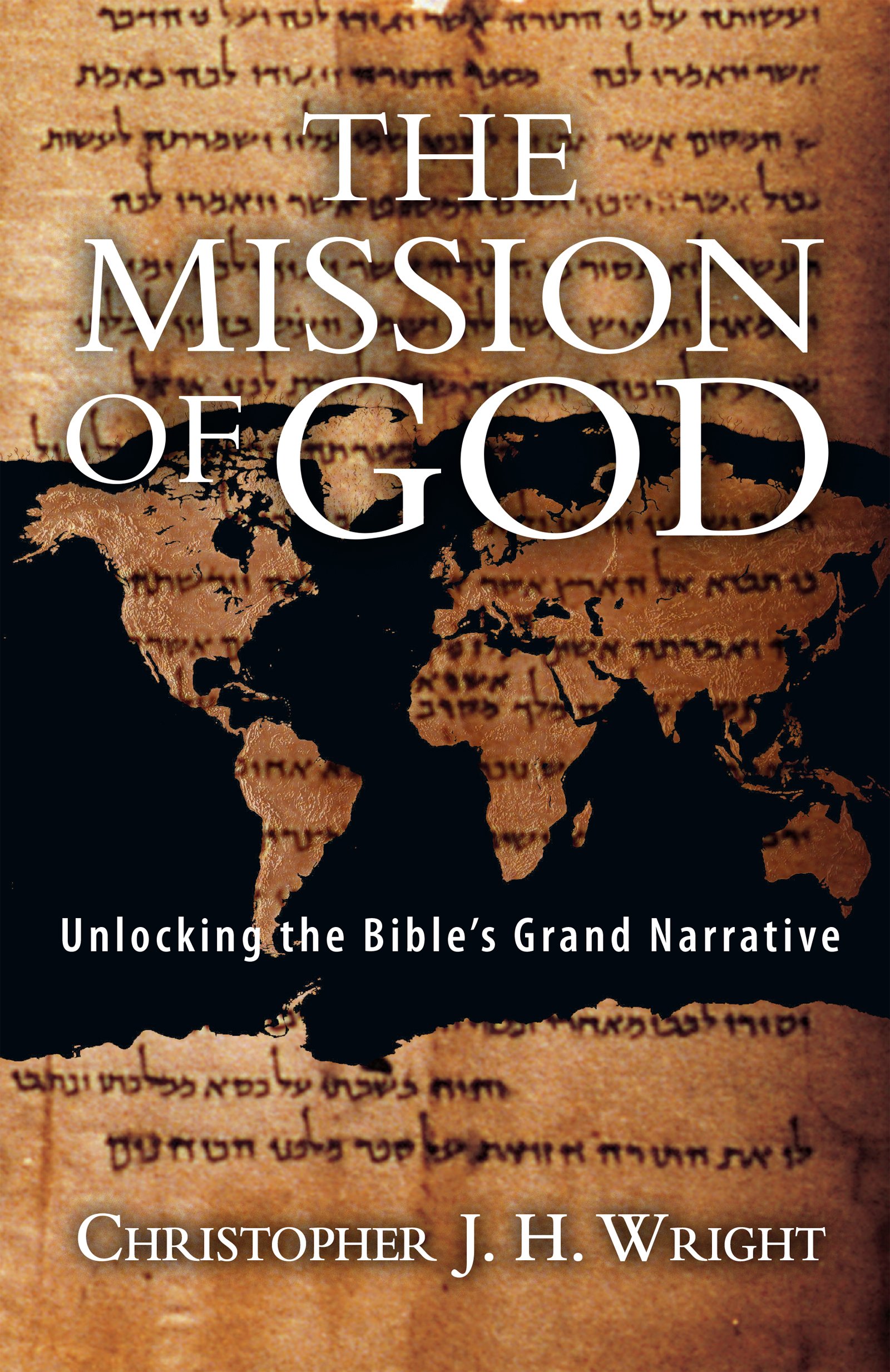A commentary By Keith Sellers (Hungary) on J.H. Wright’s, The Mission of God: Unlocking the Bible’s Grand Narrative
The main takeaway of Wright’s monumental text is that the Bible is a book about mission. Mission is not just a subtopic of Scripture. The Bible in its entirety portrays the mission of God to redeem humanity and compels us to join God not only in the partaking of redemption but in his mission. Wright develops his presentation in four sections: The Bible and Mission, The God of Mission, The People of Mission, and The Arena of Mission. The book breaks down this relatively newer approach to interpreting and applying the Scripture called a missional hermeneutic. A missional hermeneutic guides our reading of Scripture, our lives as the people of God, and our approach to doing mission.
A second important lesson is that Scripture is a superior narrative that answers major worldview questions that competing religions and worldviews seek to answer (55). We should not allow our understanding of Scripture nor our gospel presentations to become captive to the Enlightenment project (45). Neither should we be afraid of engaging the postmodern generations because the postmodern mood is nothing new to Scripture and the mission of God (45-47). As a collection of narratives, the Bible demonstrates God’s acts and intentions to reach humanity in numerous cultural and linguistic contexts. By imitating Christ’s holiness and sacrificial love in a local culture we can extend this narrative into the existential present and add coherency to the Christian worldview.
A third personal takeaway is the value of indirect language in presenting the truths about God and reality. The book highlights the importance of indirect language in the divine communication of the Bible and in Christ’s incarnation. For example, the NT does not literally say, “Jesus is God,” but its presentation of Jesus with the names and qualities of God demonstrate clearly that he is Yahweh, the one true God (105ff.). Instead of teaching classes and delivering sermons with just systematic, linear reasoning I need to learn to use metaphors, proverbs, and stories to communicate the Word because in reality, this is how God communicated when he gave us both the written Word and the incarnate Word.


